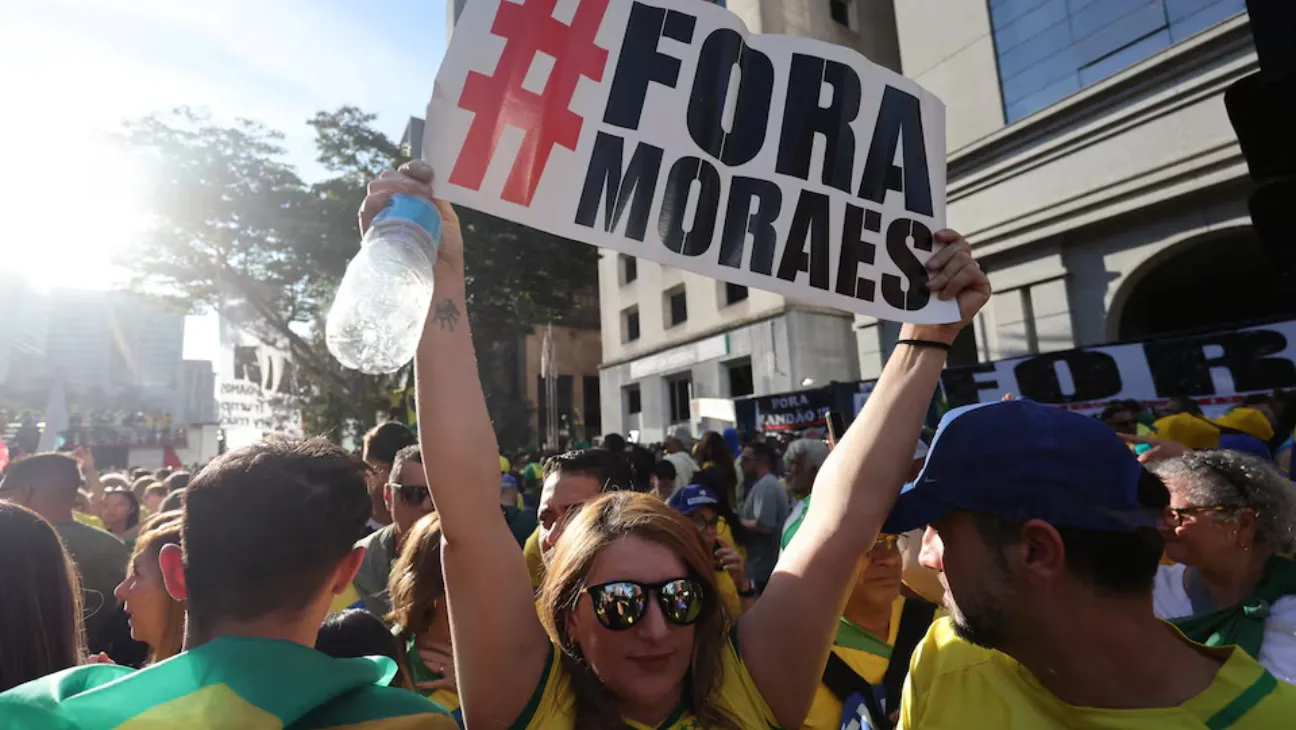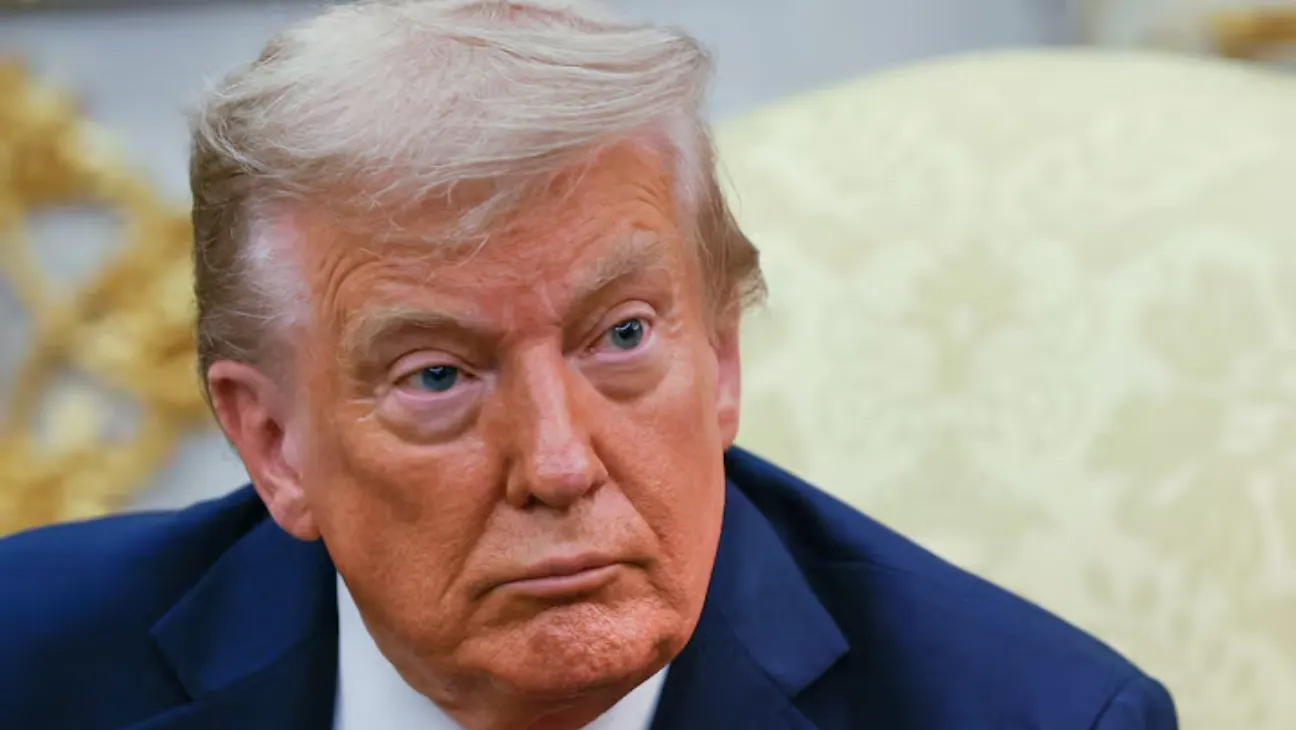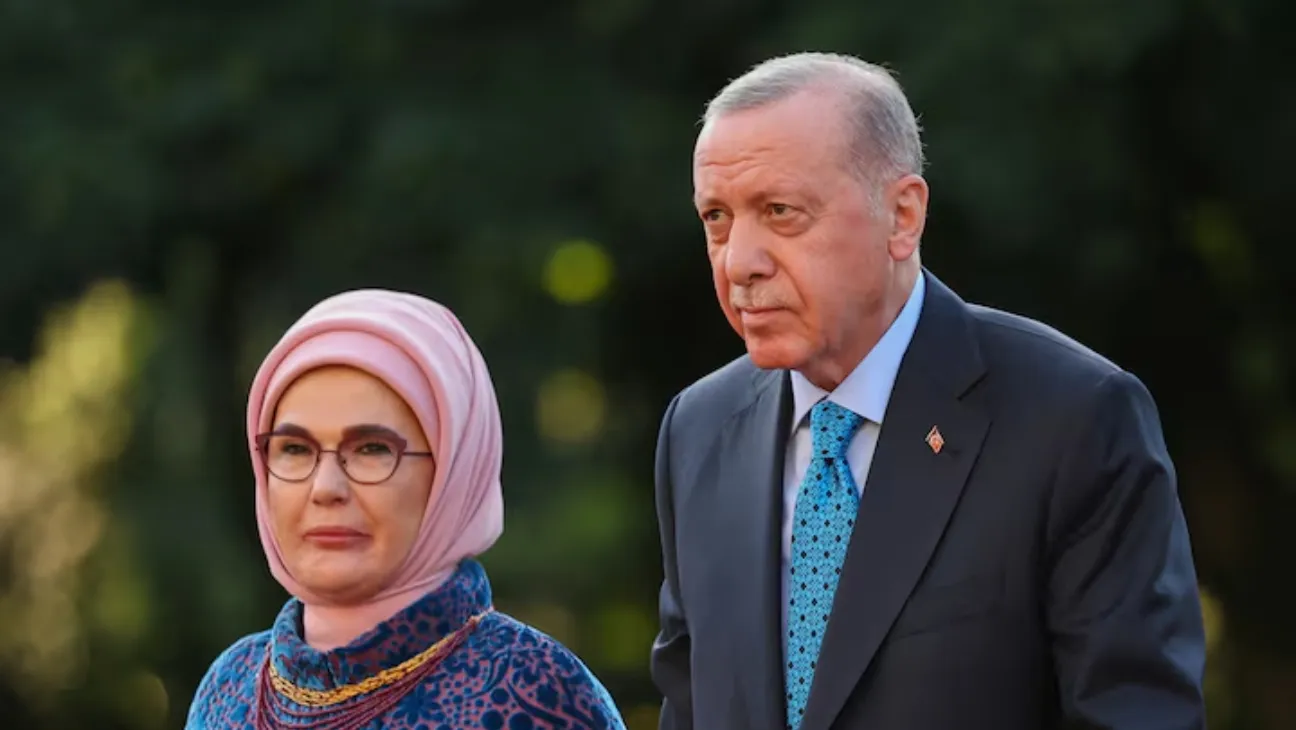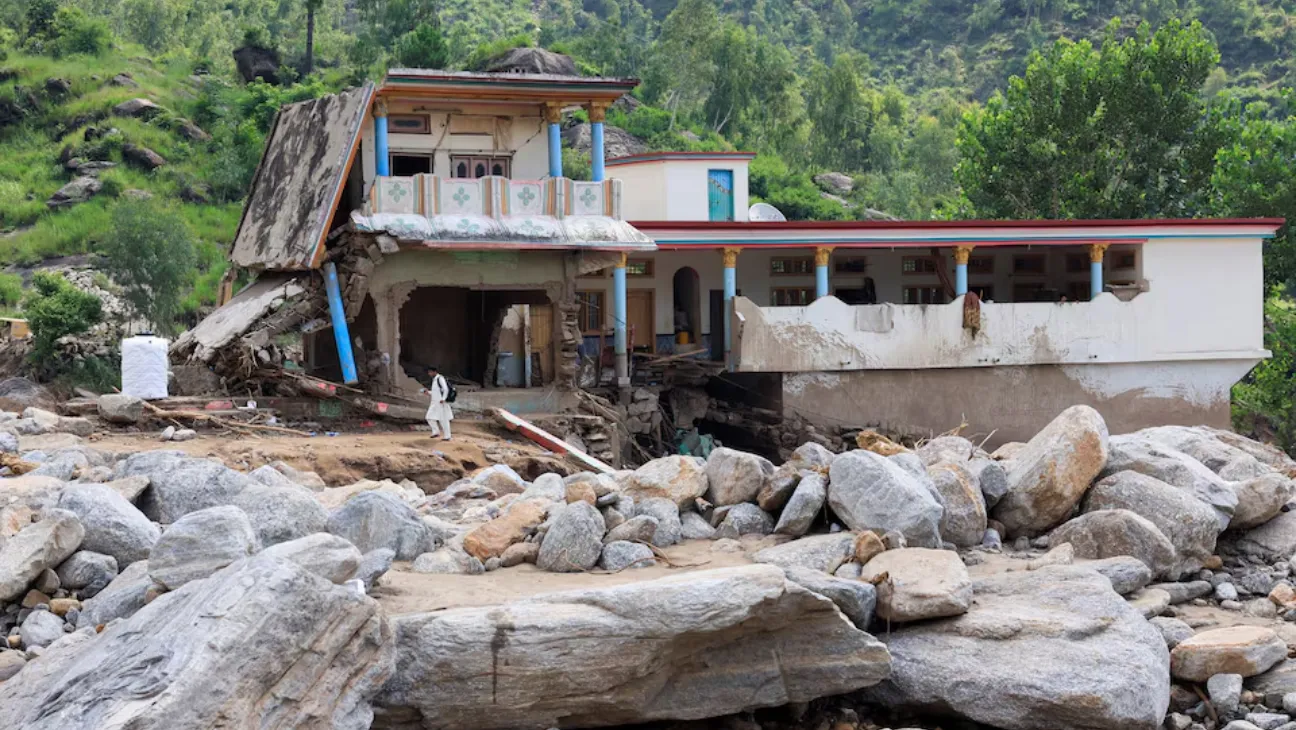Brazil’s Supreme Court was taken by surprise when Justice Alexandre de Moraes ordered former President Jair Bolsonaro placed under house arrest late Monday, according to two court sources who spoke to Reuters.
The decision lands at a sensitive moment. It comes just days before U.S. President Donald Trump’s 50% tariffs on Brazilian goods take effect.
The legal battle over Brazil’s 2022 election has taken on an international dimension, with Donald Trump weighing in forcefully. He has decried the prosecution of Bolsonaro—who is accused of plotting to nullify his loss to Luiz Inacio Lula da Silva—as a politically motivated “witch hunt” and hinted at economic retaliation.
He denies any wrongdoing and has repeatedly described Moraes as a “dictator.”
Two people familiar with Lula’s inner circle said the president has little intention—or ability—to interfere with the Supreme Court’s work. Instead, the administration is focused on cushioning the industries most likely to suffer under Trump’s tariffs while keeping communication lines open with Washington.
One justice, speaking anonymously, said Moraes’ move would not alter the court’s approach. “It doesn’t change our approach in the slightest,” the justice said.
The order cited Bolsonaro’s failure to comply with previous restraining conditions, including alleged outreach to Trump in connection with the ongoing legal proceedings. Moraes has faced both praise and criticism for taking an assertive stance against what he sees as threats to Brazil’s democracy.
Public reaction to the arrest was sharply divided, a split mirrored almost perfectly on social media where a Quaest poll clocked support at 53% versus 47% in opposition. The country’s major editorial pages were just as conflicted. Folha de São Paulo, for instance, condemned the arrest as an overreach, arguing that Bolsonaro must be allowed to speak freely and mount a defense, even online.
A clash of legal philosophies emerged among the court’s former justices. For Carlos Ayres Britto, the decision was a victory for national sovereignty and an independent judiciary. In sharp contrast, Marco Aurelio Mello believed it came at too high a cost, placing the core principle of presumed innocence in jeopardy.
A Supreme Court verdict on the coup-plotting charges is just weeks away, and most people expect a conviction. But the fallout is already spreading—former Attorney General Fabio Medina Osorio says the arrest could easily derail trade talks with the United States.
Trump has not ruled out further measures against Brazil. His administration views the case as politically driven, and the new tariffs already rattled Brazil’s markets. The BSE Sensex closed lower, and the real weakened slightly against the dollar on Tuesday.
What Moraes just did shows how deeply Brazil’s domestic power struggles are tangled up with its difficult relationship with Washington. As for Bolsonaro, he can only wait it out under house arrest, as the Supreme Court prepares a ruling that will determine if he has a political future at all.









